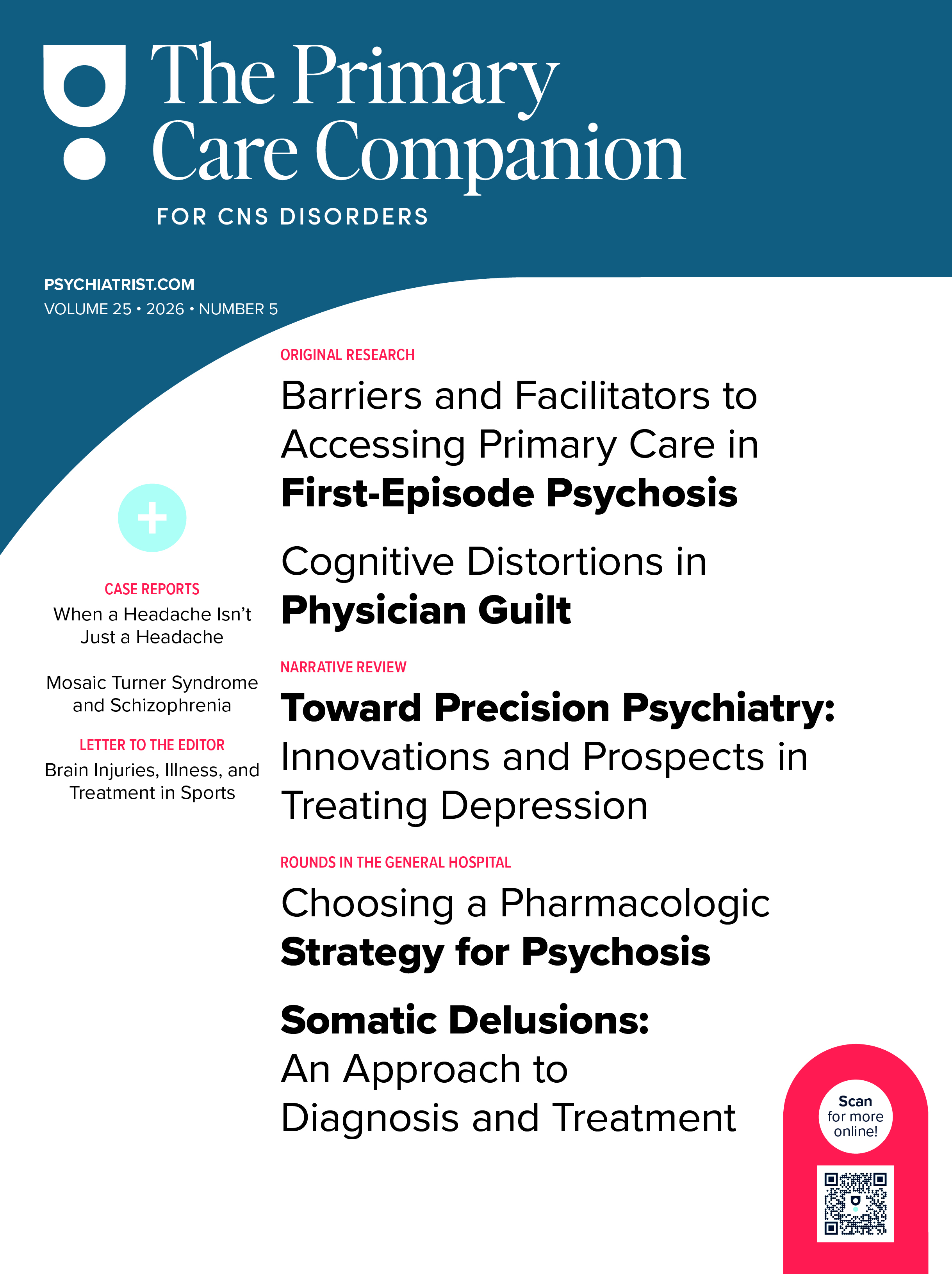Primary care physicians may be directly or indirectly involved in the management of the bipolar patient. Bipolar affective illness is a chronic, recurrent disorder. Patients, their families and support systems, and the general public can face profound and enduring consequences if the illness is untreated or poorly treated. Consequently, increasing attention has been directed at developing treatment strategies to control symptoms associated with bipolar disorder. While lithium has been the mainstay of treatment for many years, recent investigations have demonstrated the utility of a number of anticonvulsant medications in bipolar disorder. This review will discuss the literature on anticonvulsant efficacy in bipolar disorder in light of the treatment guidelines set forth by the Bipolar Treatment Expert Consensus Panel and the American Psychiatric Association. To orient the clinician, issues related to anticonvulsant use, dosing, adverse effects, and drug interactions are also discussed.
This PDF is free for all visitors!





